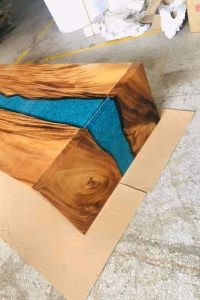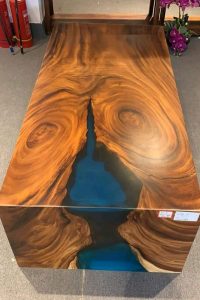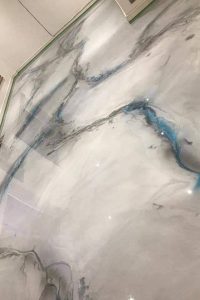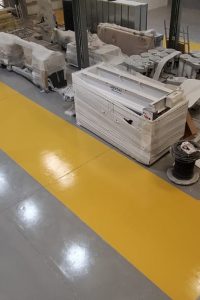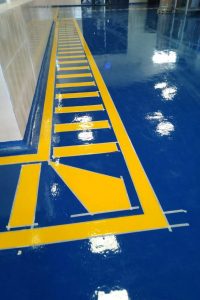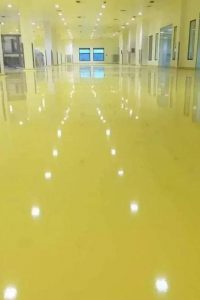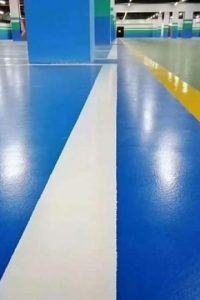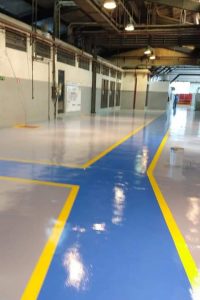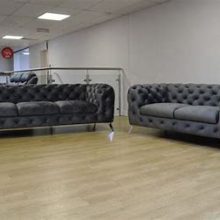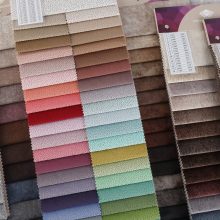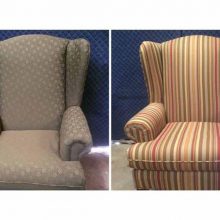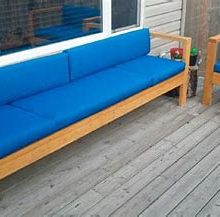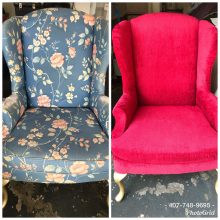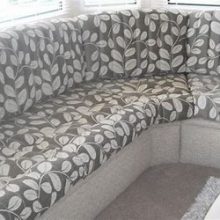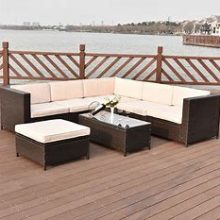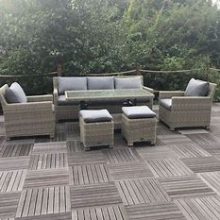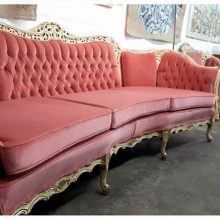When it comes to choosing new flooring systems for industrial use, garage floor coating, or any other outdoor surfaces, epoxy resin flooring truly stands out from other flooring options for many reasons. Epoxy flooring, other known as resinous flooring, is highly durable, customizable, sustainable, and decorative for any surface. What appeals most to epoxy flooring is it’s resistance to high levels of wear and tear, making it the most long-lasting flooring options. If you are considering epoxy resin flooring, here is an explanation of what epoxy floors are made up of, the different types epoxy resin, and where to use specific types of epoxy flooring systems.
What is Epoxy?:
A primary aspect to epoxy coating is that it is chemically distinct from regular floor paints. Resinous flooring consists of a two-part epoxy system – a combination of polymer resins and hardeners, much like epoxy glue. When properly mixed, the epoxy resin and hardener react to one another resulting in a chemical bond with each compound and with the floor itself. The chemical bond creates a stiff plastic material that is durable, resistant to degradation, and bonds exceptionally well to its substrate.
What is Epoxy Flooring?:
The most straightforward definition of epoxy flooring suggests a flooring surface that comprises multiple layers of epoxy that is applied to a floor with a depth of at least two millimeters. Confusion typically arises when comparing an epoxy floor and epoxy floor coating. The difference between the two lies in the depth of the epoxy – as stated, epoxy floors are classified as an epoxy coating of at least two millimeters thick. Any epoxy floor less than two millimeters thick is commonly referred to as an epoxy floor coating.
